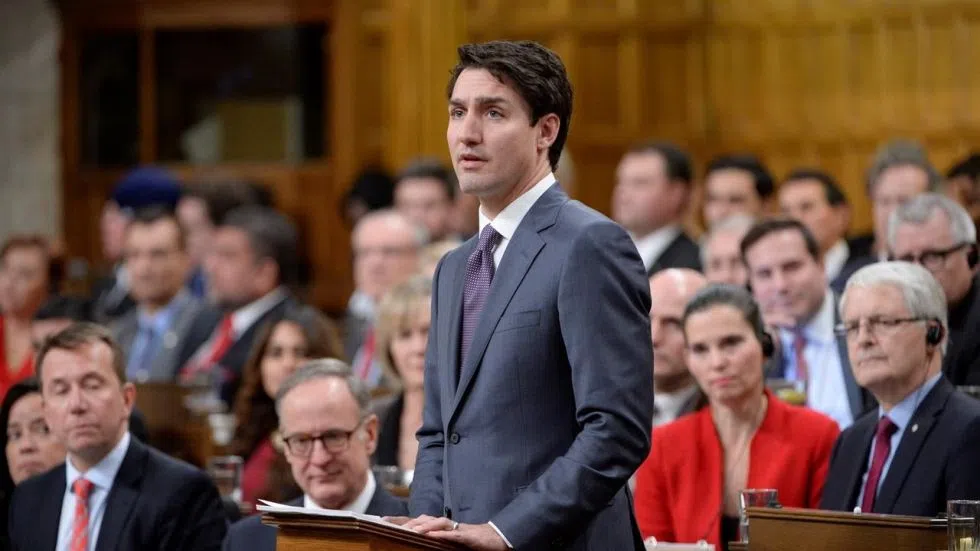
Trudeau apologizes for decades of LGBTQ2 discrimination by federal agencies
OTTAWA — Prime Minister Justin Trudeau began by telling a story — one that began not that long ago and, in some ways, is still unfolding — about how the federal government spent decades ruining the careers and lives of Canadians because of their sexual orientation or gender identity.
“This is the devastating story of people who were branded criminals by the government — people who lost their livelihoods, and in some cases, their lives,” Trudeau said Tuesday as he delivered a speech building up to his promised apology for past state-sanctioned discrimination against members of the LGBTQ2 community in Canada.
“These aren’t distant practices of governments long forgotten,” he said.
“This happened systematically, in Canada, with a timeline more recent than any of us would like to admit.”


